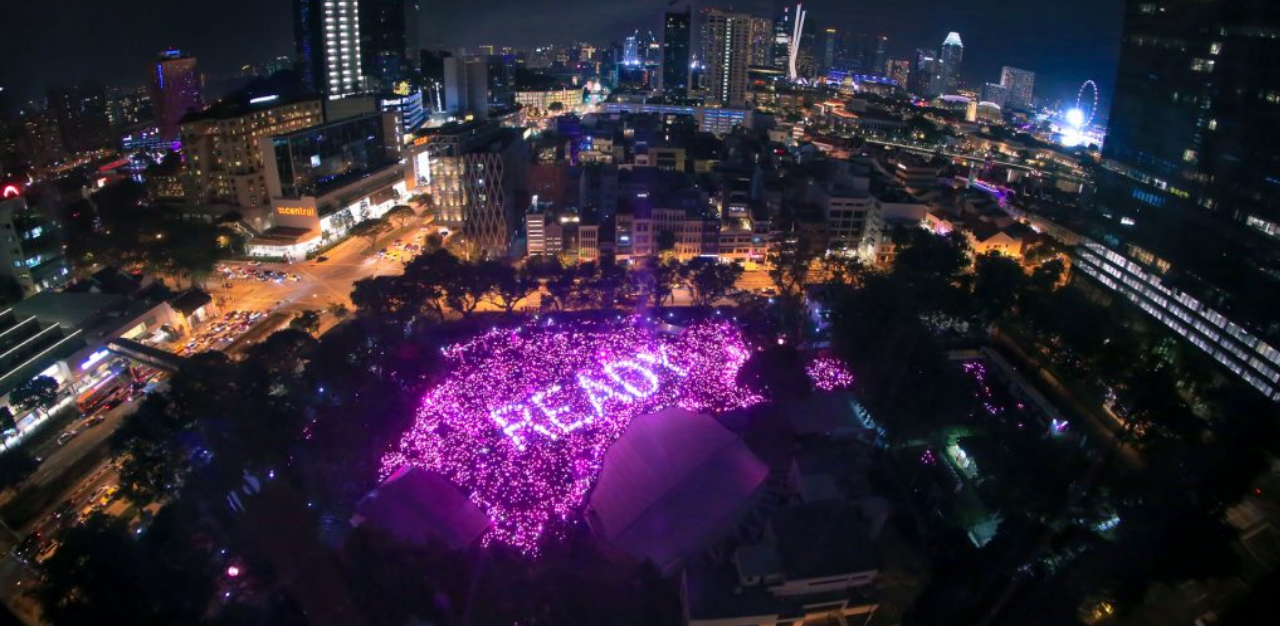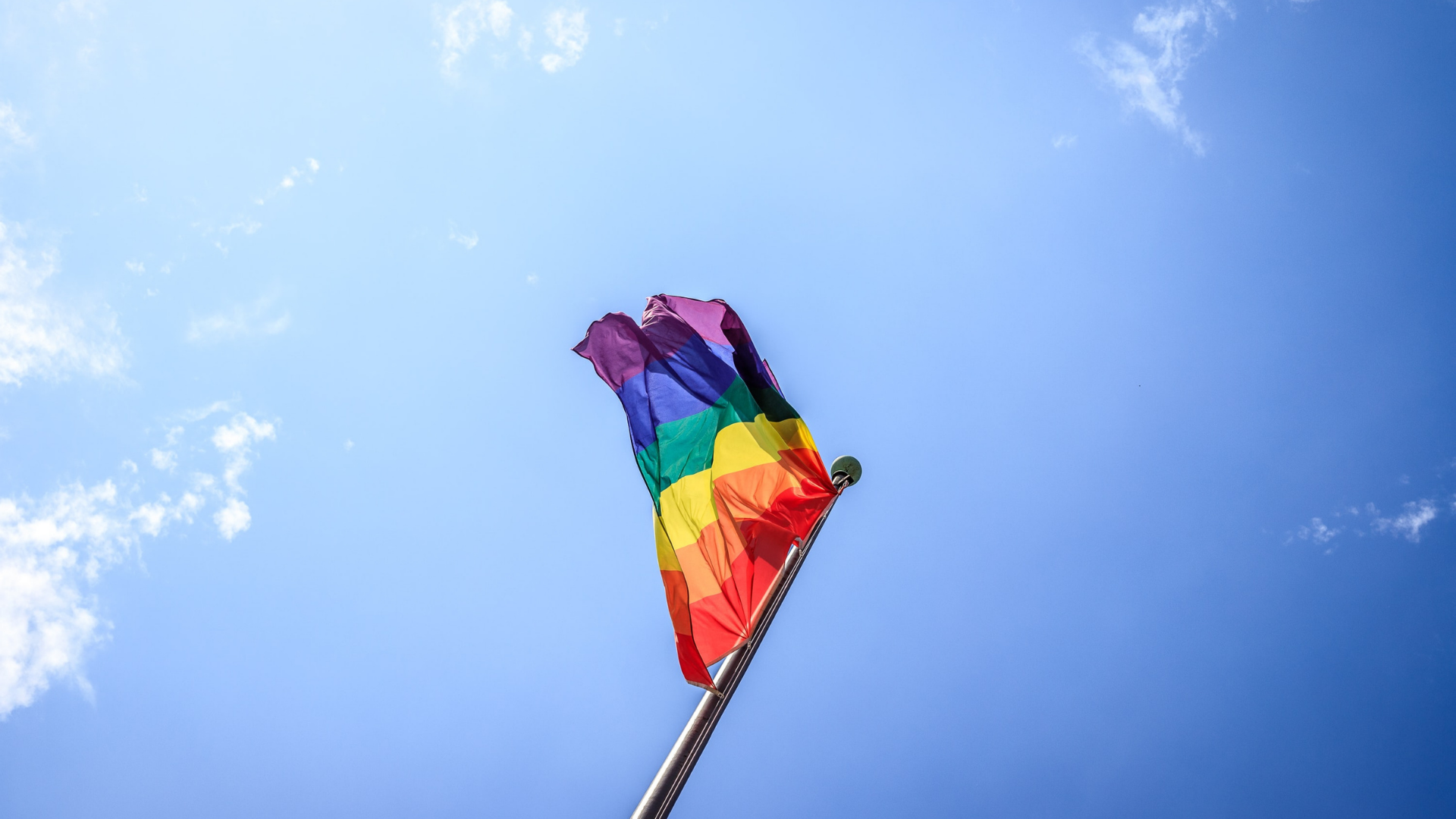France is the latest country to join the list of countries that have legislation in place to ban conversion therapies. It passed a new law on 27 January criminalising the use of ‘conversion therapy’, which aims to change or reprimand the sexual orientation or gender identity of an individual.
The new law has been approved unanimously by the National Assembly, with 142 votes to 0, the British Broadcasting Corporation (BBC) reports.
The law is also supported by French President Emanuel Macron, who tweeted, “Let’s be proud… Because being yourself is not a crime, because there is nothing to be cured.”
La loi interdisant les thérapies de conversion est adoptée à l’unanimité !
Soyons-en fiers, ces pratiques indignes n’ont pas leur place en République. Parce qu’être soi n’est pas un crime, parce qu’il n’y a rien à guérir.— Emmanuel Macron (@EmmanuelMacron) January 25, 2022
The bill comes into effect in the next two weeks after it is signed off by President Macron.
The global scene
France’s move to ban the use of conversion therapy comes as a wave of countries placed bans on conversion therapy and launched consultations as far back as 1999.
Brazil was the first to introduce the trailblazing ban on conversion therapy in 1999. It was soon followed by several others, including Norway, Argentina, Taiwan, Switzerland and Germany.
More recently, Canada, India, Chile, and some states in Australia and the United States have also introduced laws prohibiting conversion therapy.
What is conversion therapy?
Conversion therapy is an attempt to change a person’s sexual orientation, gender identity, or gender expression, according to the Gay and Lesbian Alliance Against Defamation (GLAAD).
With such a practice coming under increased scrutiny, practitioners often change their terminology to avoid detection. It is now referred to as “Sexual Orientation Change Efforts (SOCE)” and “Sexual Attraction Fluidity Exploration in Therapy (SAFE-T)”.
In his report, United Nations (UN) Independent Expert on Sexual Orientation and Gender Identity Victor Madrigal-Borloz said, “The degrading nature of many conversion therapy practices, including physical abuse, electro-shock therapy, pseudo-medical procedures, and the use of anti-LGBT epithets and slurs, contribute to an overall dehumanising environment towards persons with diverse sexual orientation or gender identity (SOGI)”.
A global survey, highlighted by the envoy, suggested that four out of five individuals subjected to the practice are younger than twenty-five years old, and almost half are below the age of eighteen.
It was also found that conversion therapy is more likely to increase suicide attempts, anxiety, and damage an individual’s self-esteem — all without succeeding in changing a person’s sexual orientation.
Conversion therapy in Singapore
In Singapore, there is currently no law that explicitly states that conversion therapy is illegal.
There are, however, certain laws such as the Penal Code, which states that causing hurt is punishable; or the Children and Young Persons Act, where those who physically or sexually abuse young individuals and cause them to suffer from emotional or physical harm can also be punished. These protect the LGBTQ+ individuals to some extent from the malicious practices of conversion therapy.
As these conversion sessions often take place in very private settings and many of the victims are too young that they do not have the courage to or knowledge on how to report such incidents, it is extremely difficult to apprehend those who practice the therapy.
Despite the limited pool of information on who practices conversion therapy in Singapore, some therapeutic professionals and religious practitioners have been alleged to carry out such therapies.
Mr Leow Yangfa, a social worker and executive director of Oogachaga, a Non-Governmental Organisation (NGO) that provides counselling services for the local LGBTQ+ community, told Yahoo! that it was not uncommon to see individuals who experienced harmful conversion therapies from previous therapists or religious leaders as they show noticeable symptoms of shame and trauma.

Stances of local organisations
In a 2020 written statement, the Ministry of Health (MOH) said it “expects doctors and other healthcare professionals to practice according to evidence-based best practice and clinical ethics, and to consider and respect patients’ preferences and circumstances (including sexual orientation) when providing care. For individuals who seek care with a desire to change one’s sexual orientation through clinical means, healthcare professionals should care for and support these individuals with empathy and sensitivity.”
MOH also said that the public can provide feedback or a formal complaint to the Singapore Medical Council (SMC) should they encounter doctors who are “acting unethically or providing inappropriate treatment”.
The Singapore Psychological Society (SPS) is the first professional organisation in Singapore to take an official stance on conversion therapy. It condemns the practice of conversion therapy, highlighting that “current research indicates the inefficacy and possible harmful effects of conversion therapy”.
SPS recommends that psychologists use evidence-based therapy when treating clients struggling with their sexual orientation or gender identity.
Evidence-based therapy entails “exploring and affirming an individual’s sexual orientation and gender identity”, as well as “exploring assumptions and goals that may have originated from societal pressures, managing stress, and promoting wellbeing.”
This piece is a user contribution by Emma Wong, an aspiring lawyer who is currently awaiting entry into university. TheHomeGround Asia’s user-generated content is a community engagement initiative to lend a voice and platform for people within the community to share their stories and ideas that represent the sentiments and views of ordinary people. We aim to connect people by providing unique insights and points of view from the community, giving readers the opportunity to see things from a local perspective.
Join the conversations on TheHomeGround Asia’s Facebook and Instagram, and get the latest updates via Telegram.



























